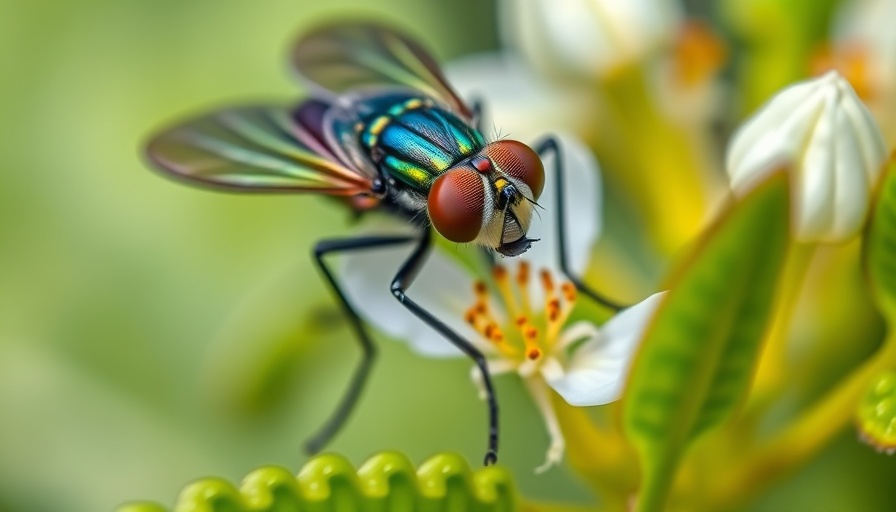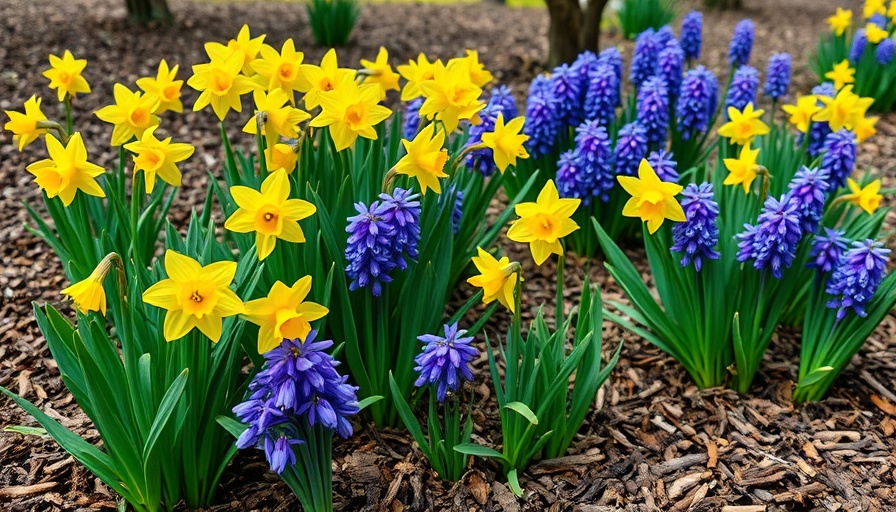
Understanding the Ladybird Invasion in the UK
As the temperatures rise, an unusual influx of ladybirds has taken over various parts of the UK, creating buzz and concern amongst homeowners. With swarms invading seaside towns like Burnham-on-Sea and Brean, it's natural for residents to seek solutions for keeping these critters outdoors. Despite their appearance, ladybirds are beneficial insects, acting as natural pest control agents by feeding on aphids, which by themselves can wreak havoc on gardens. So while it's ideal to encourage ladybirds in your garden, maintaining a pest-free home is paramount.
Why Now? A Perfect Storm of Conditions
The sudden spike in ladybird sightings stems from a spike in aphid populations due to favorable weather conditions. Typically, hot and dry weather leads to an increase in these common garden pests, consequently attracting ladybirds, which line up for their feast. Since 2022, residents have been experiencing these 'ladybird invasions,' and knowing how to manage this scenario is critical for homeowners. Common environments for these insects to congregate include the nooks and crannies of homes, especially when seeking warmth or shelter.
How to Deter Ladybirds Using Citrus Peels
If you’re looking for a safe and environmentally-friendly method to keep ladybirds out of your home, citrus peels are your best friend. Citrus fruits like oranges and lemons exude scents that ladybirds find unappealing. By strategically placing dried citrus peels around windows and door frames, homeowners can create natural barriers without harmful chemicals. Simply collect peels from your kitchen, let them dry, and you’ll have an inexpensive repellent that costs practically nothing—around £1 from your local supermarket.
The Community Buzz: Social Connection and Online Discussions
In addition to their ecological role, ladybirds have become a trending topic on social media. Residents and homeowners across the UK are sharing their quirky experiences and viral videos capturing ladybird swarms, adding a humorous twist to the situation. These anecdotes serve as a reminder that while dealing with nature's surprises can be serious, engaging in light-hearted conversations can strengthen community bonds. Remember, a shared laugh can make tackling minor inconveniences like ladybird infestations a community affair.
Practical Tips for Homeowners This Season
As you prepare for the ladybird season, consider these effective tips to ensure your home stays pest-free while nurturing the natural beauty of your garden:
- Sealing Entry Points: Check cracks and crevices around windows and doors and seal them to prevent ladybirds from entering.
- Maintain Outdoor Cleanliness: Clear away debris and leaf litter from your yard; ladybirds love to hide in these areas.
- Embrace Other Natural Predators: Encourage birds and other beneficial insects to your garden for enhanced natural pest control.
Conclusion: Embracing Natural Solutions
The ladybird invasion highlights the delicate balance between nature and urban living. Understanding these insects can help us appreciate their role in pest control while developing effective strategies for home protection.
If you want to make a sustainable impact in your home environment, consider using natural deterrents like citrus peels. By embracing eco-friendly solutions, you contribute positively to both your well-being and the broader ecosystem.
 Add Row
Add Row  Add
Add 




Write A Comment